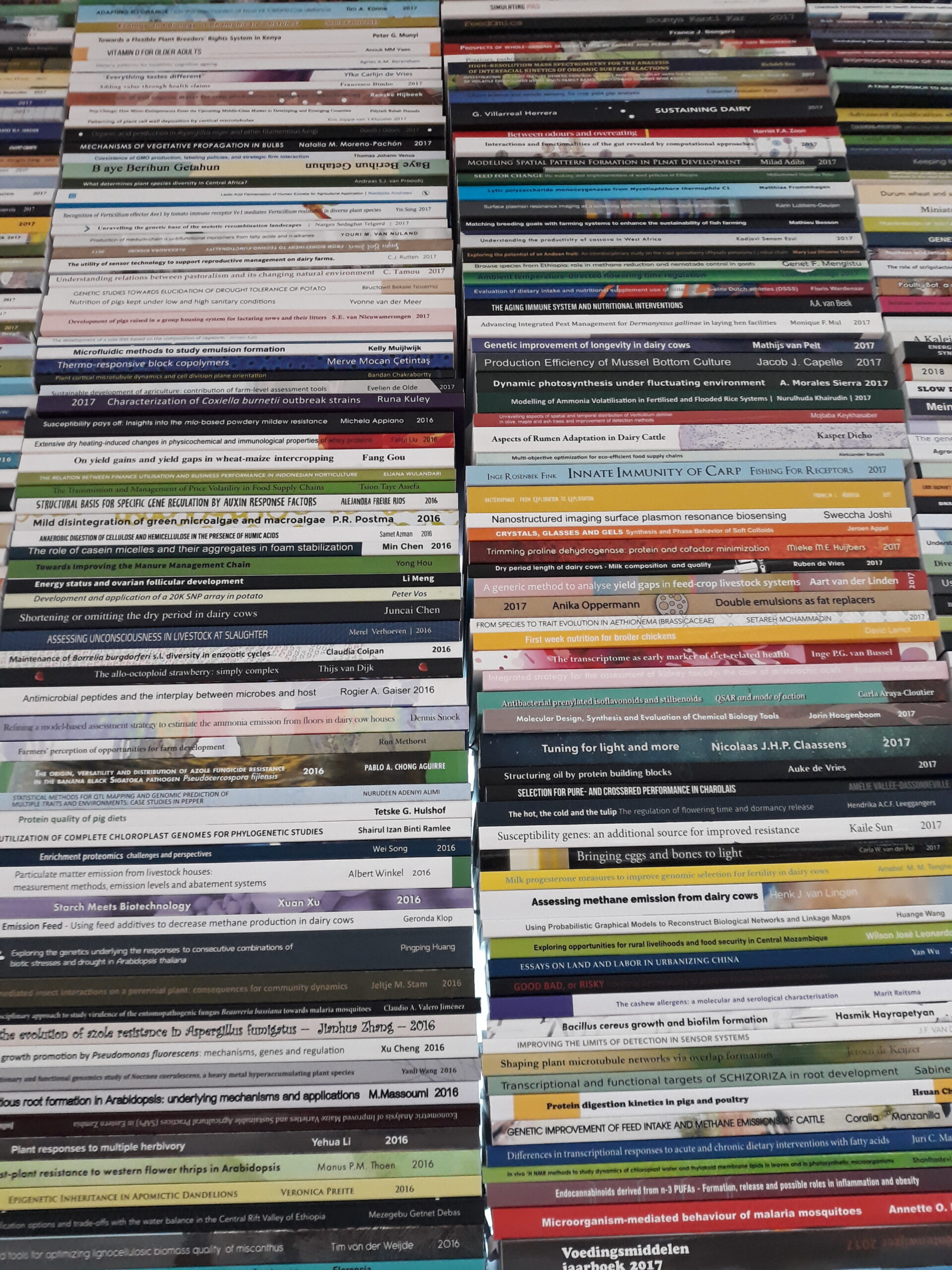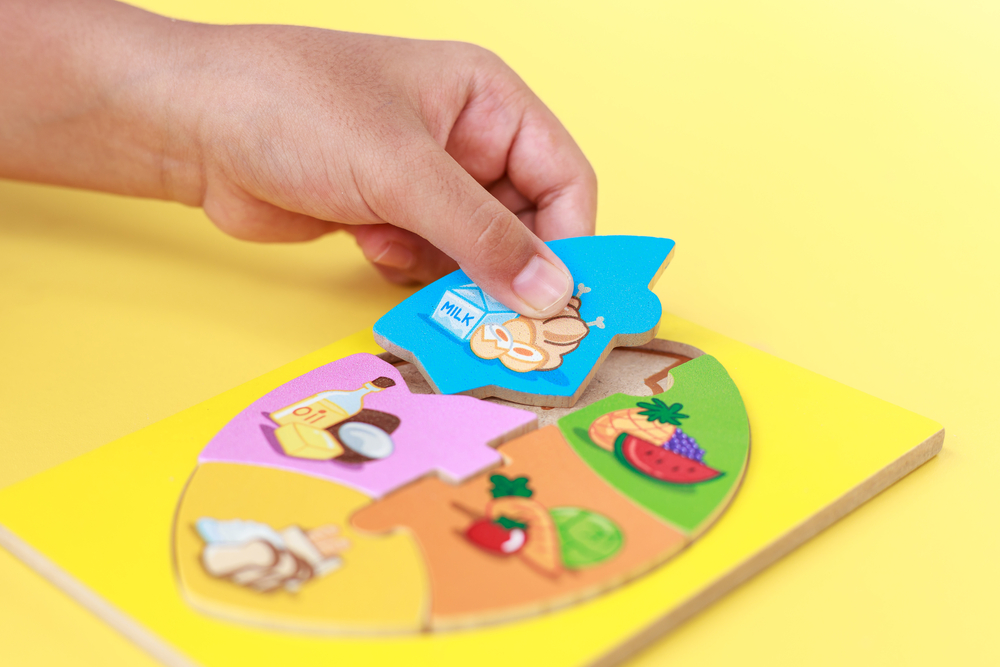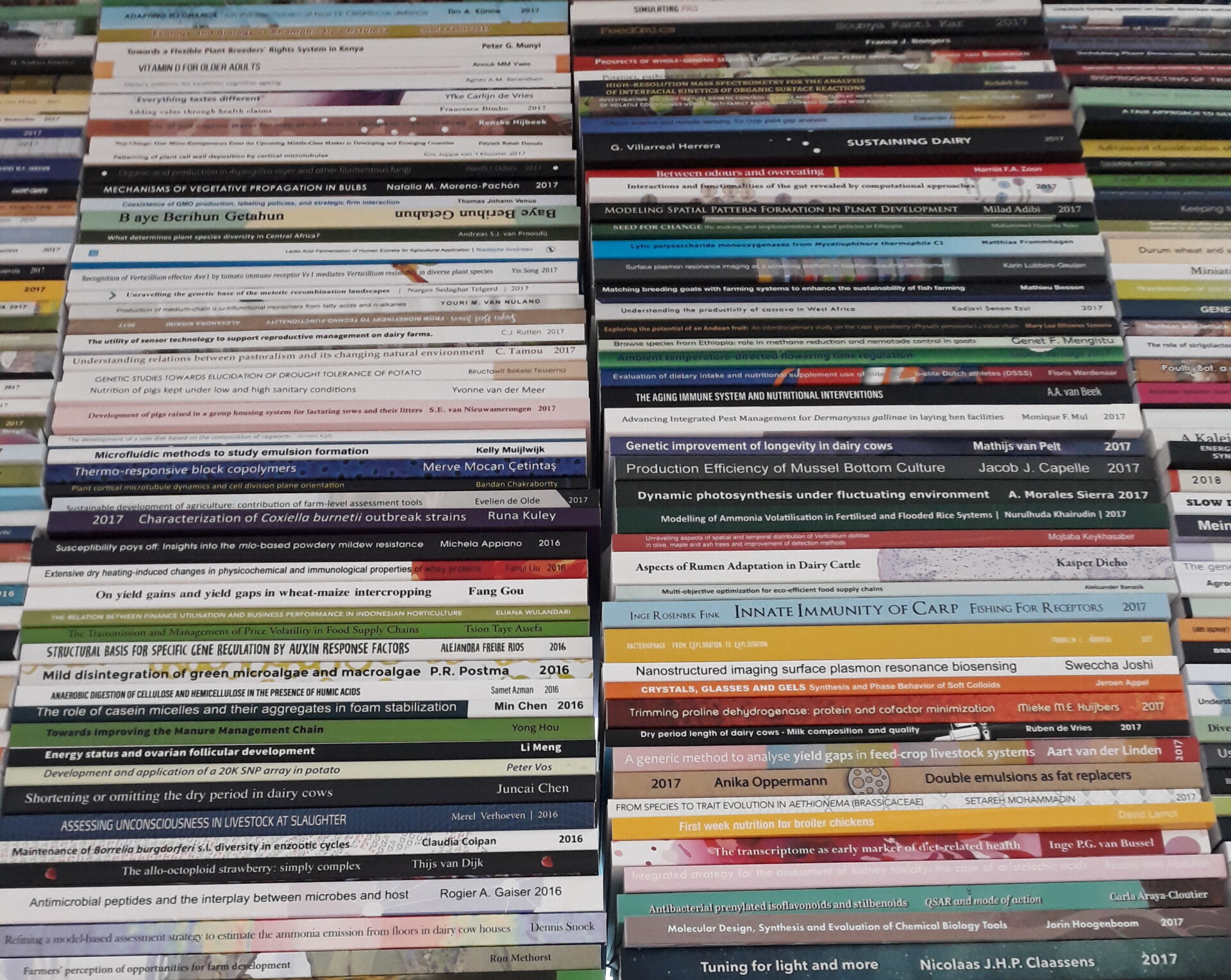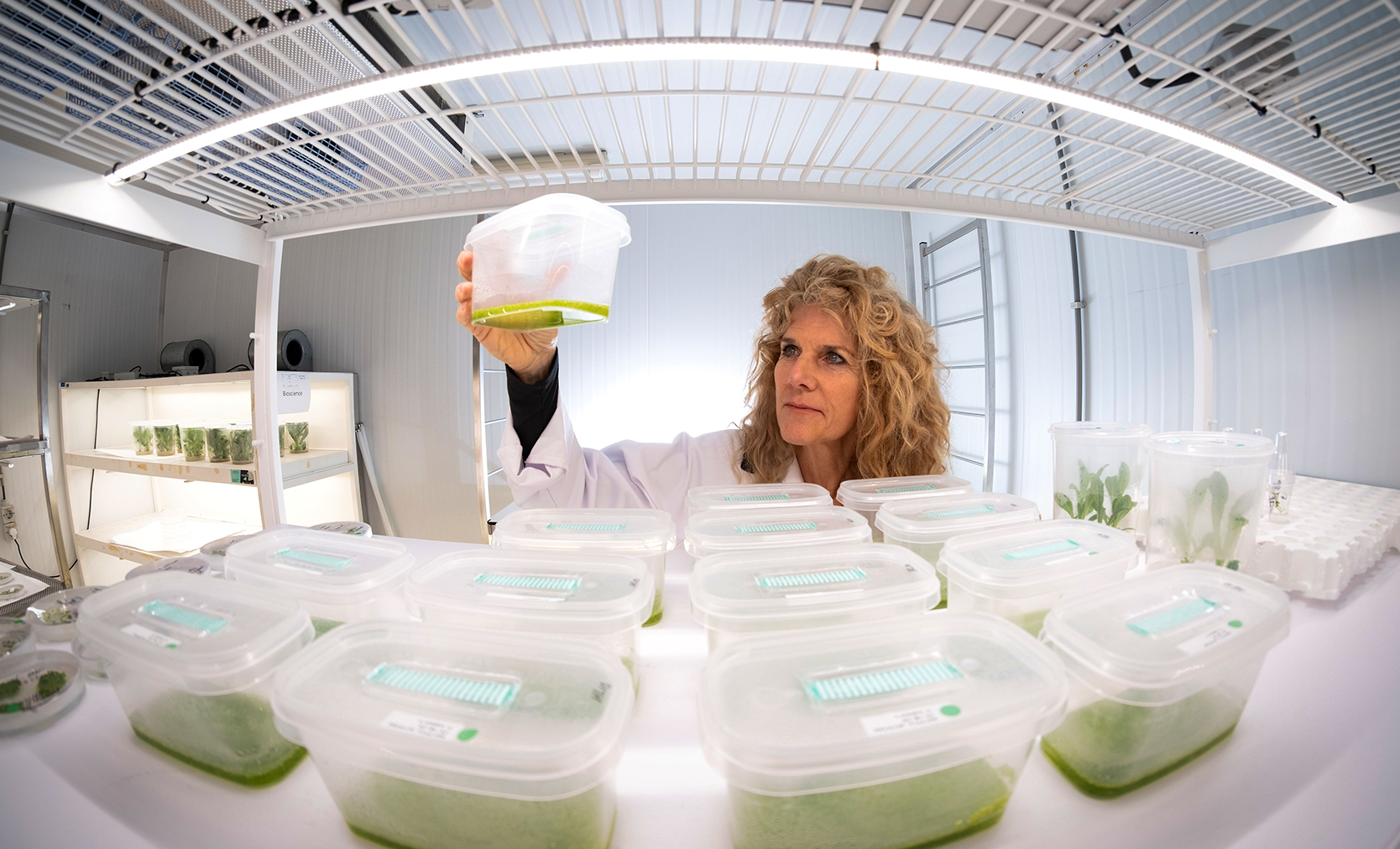More than 250 PhD students receive their PhDs at WUR every year. It is impossible to describe and summarize all these theses. In the column ‘PhD theses in a nutshell’ the selection of our science editors is briefly presented.
Informers
How do you check whether dangerous viruses are circulating, such as the West Nile virus or other viruses that are transmitted by mosquitoes? By detecting antibodies in the blood of animals. The vet Kiki Streng investigated the possibility of taking blood samples from dogs, horses, wild boars and even hens on children’s farms and hobby chickens. The results are encouraging, which is good news for public health.
From research to preparedness.
Kiki Streng. Supervisors Wim van der Poel and Marion Koopmans
Mmm, tasty
The food industry is facing new challenges due to the protein transition — the shift from animal protein to plant-based protein. How do you make such new products tasty? Cristina Barallat Pérez, from Spain, studied how flavour molecules bind to proteins. She found that the binding depends above all on the properties of the flavouring; the protein itself, whether animal-based or plant-based, doesn’t matter so much. Mucin, a key component of saliva, also plays a significant role in the release of aroma and taste components.
Behind the scents.
Cristina Barallat Pérez.Supervisor Vincenzo Fogliano
Circular solution
Biodiversity is declining fast, partly due to our food system. But Felipe Cozim Melges from Brazil shows that is not inevitable. Circular agriculture is the solution. It is possible to boost biodiversity considerably by not using pesticides, not ploughing, doing without artificial fertilizer and using groundcover plants. What is more, the PhD candidate has shown in his model calculations that you can still grow sufficient healthy food, and greenhouse gas emissions are lower. But there is a catch. We would need to eat far less meat and more plant-based products. So it’s possible but not easy.
Biodiversity in circular food systems.
Felipe Cozim Melges. Supervisor Hannah van Zanten




